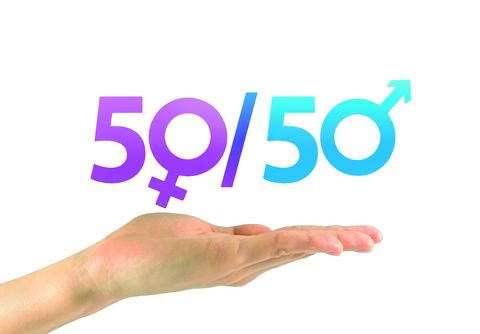Analyses & Studies
Push for parity

Fifty percent of KPMG’s board members are women, the first of the big four to reach gender parity at board level
As of October 2019, KPMG appointed two female members to their board, Melissa Geiger, Head of International Tax and Tax Policy, and Linda Main, Head of KPMG’s UK capital markets Group, bringing the board to an equal gender split. It is the first of the big four consultancy firms to overcome this hurdle. The move comes at a time of increased attention on the business case for gender equality in the workforce. A recent study in the Harvard Business Review (HBR) revealed that female board members can help to mitigate the overconfidence of male CEOs, which improves decision making in the company. However, a further HBR report suggests, that when there is greater representation for women at a top leadership level, people presume there to be greater equality at all levels of the organisation. Concern then decreases around inequality in pay and other topics; a potential problem affecting people’s disposition to address the issue.
A diverse big four As it stands, EY is the next in line to achieve parity on its UK & Ireland executive board, with eight male and six female board members. PwC’s board comprises nine men and four women, while Deloitte fields a board of ten men and five women. In terms of the gender pay gap, the situation is reversed. KPMG is the only one of the big four who failed to close its gender pay gap over the 12 months leading to March of this year. The
median gap increased to 28 percent between the earnings of its male and female employees.
An ongoing challenge Achieving gender parity and diversity in the workplace is an ongoing ambition for which the 30% Club has long advocated. Welcoming C-Suite members, the Club aims to encourage a diverse pool of business talent, with better gender balance at all organisation levels. ‘We are looking to constructively engage with organisations to lead this change. And we’re looking to come up with actionable recommendations and a roadmap,’ says Brenda Trenowden CBE, 30% Club Global Co-Chair. ‘We’ve come a long way from where we started in 2010. Now our conversations are
all around how do we get there, how do we achieve this? We have more momentum today than we’ve ever had before.’ Echoing the HBR, The 30% Club explains that ‘gender balance on boards and in senior management not only encourages better leadership and governance, but diversity further contributes to better all-round board performance, and ultimately increased corporate performance for both companies and their shareholders.’ The World Economic Forum recently estimated that it would take over 108 years to reach gender equality at every level, through economic, health, political and educational equality, showing that there is still a long way to go to achieve true balance. I SL